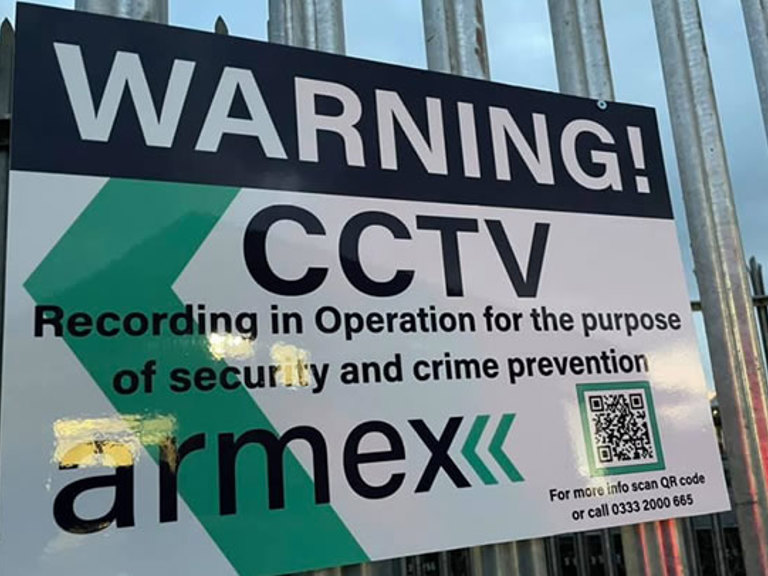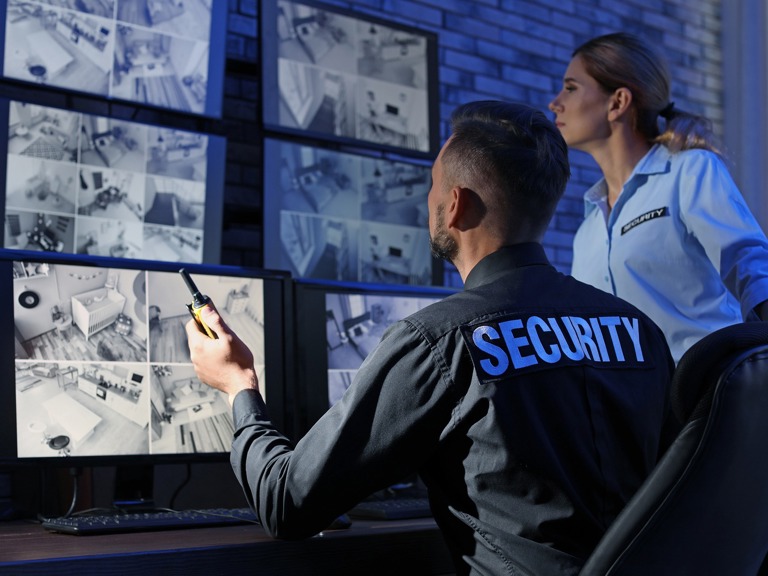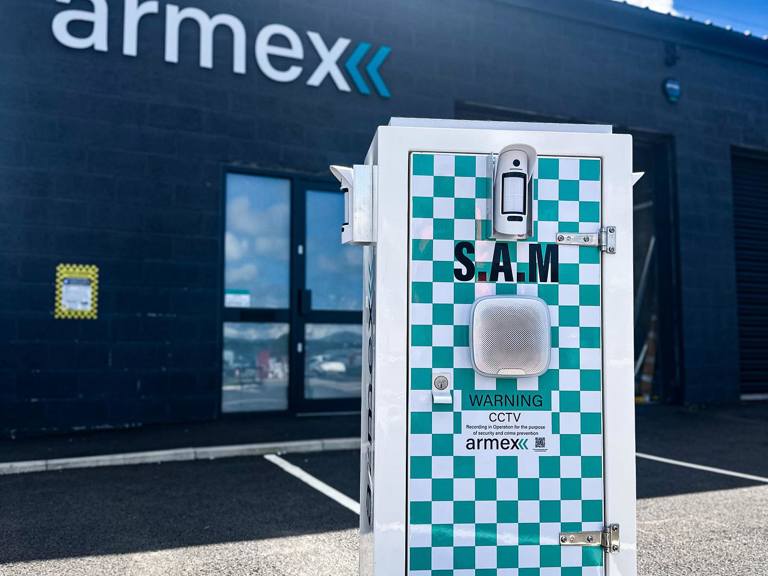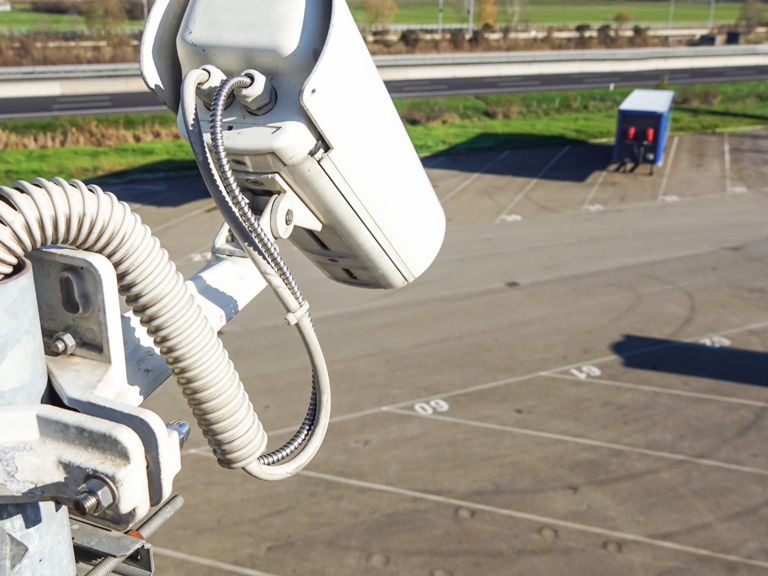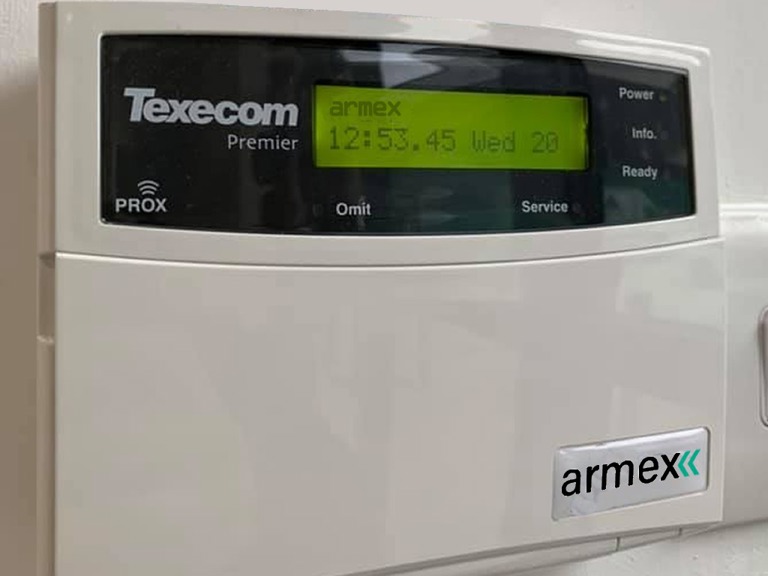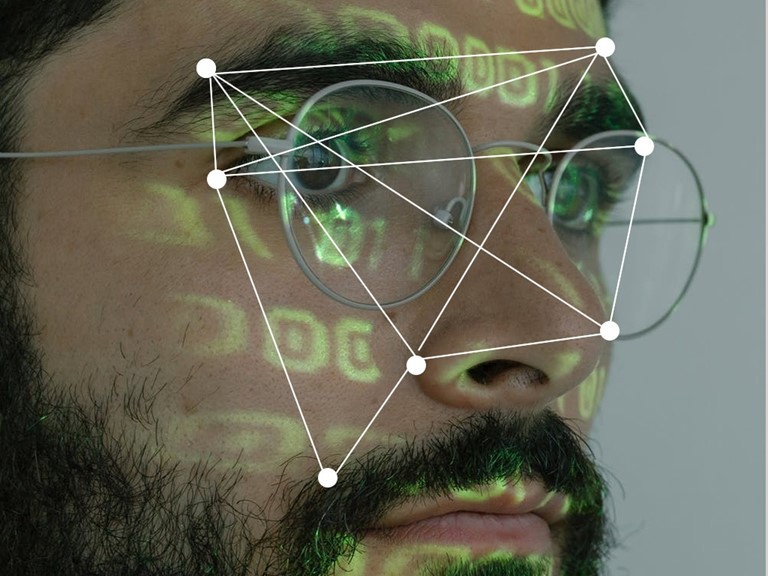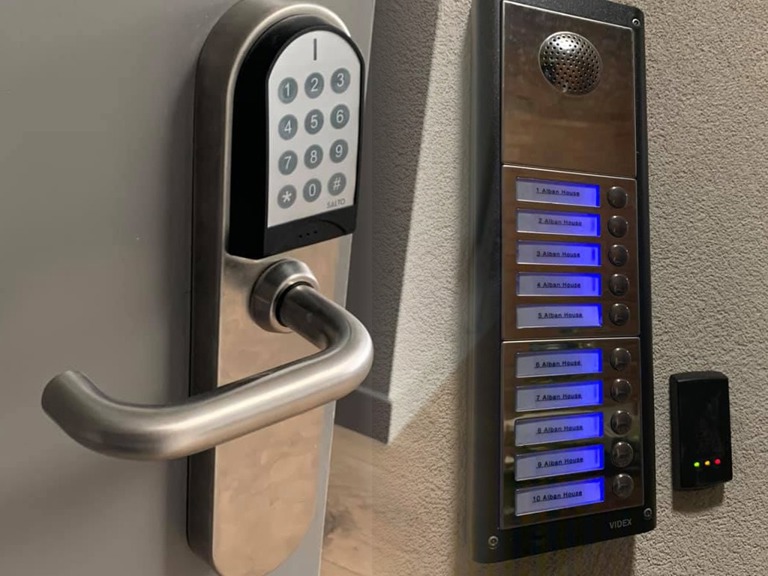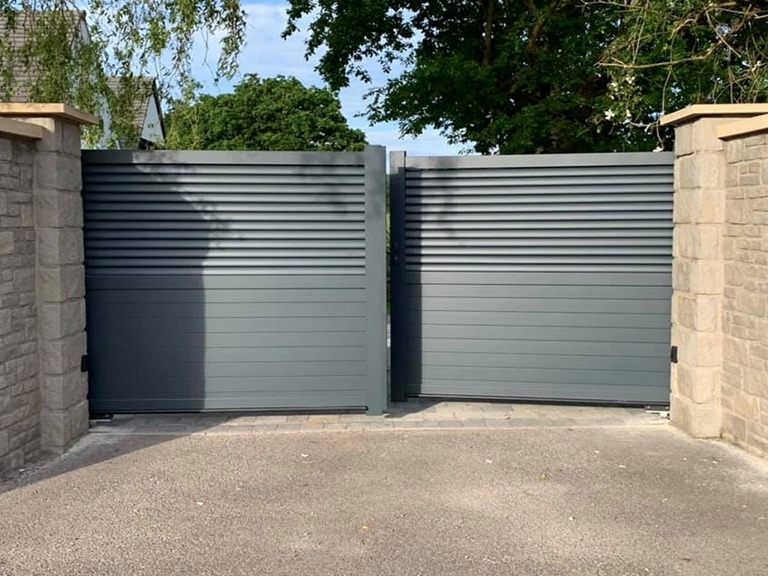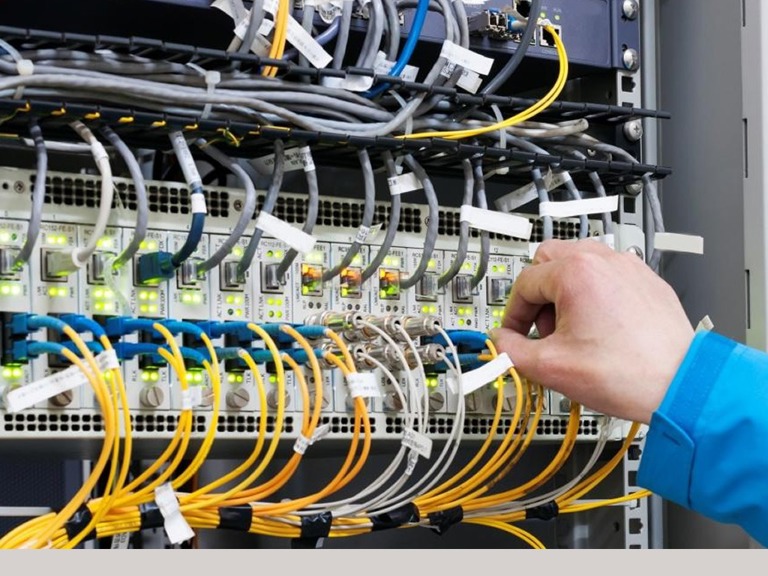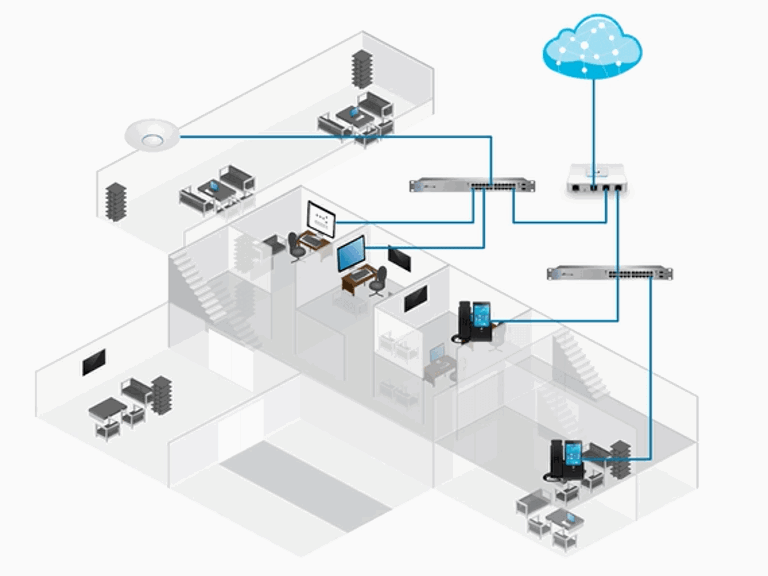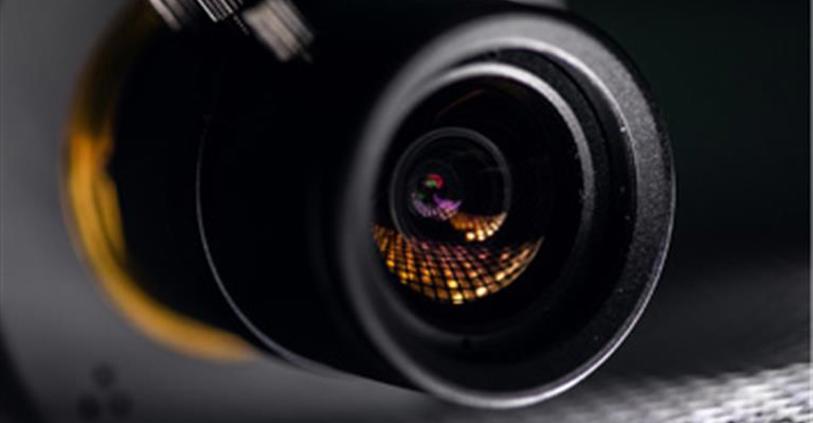
When having your CCTV system installed there are a few legalities you should be mindful to avoid any privacy breaches. For instance, you should ensure your CCTV system is not at risk of capturing persons from another residence, such as neighbours. Your CCTV system should also have audio recording turned off so as not to breach the Human Rights Act.
CCTV positioning
When installing a CCTV system on your property you should be strategic in where you are placing the cameras. Should your CCTV cameras be carelessly positioned without thought or strategy, they might be rendered useless. Moreover, careless positioning of your CCTV cameras might also mean you’re breaking the law.
Book your CCTV installation with armex and our team of engineers will adhere to all laws and legalities when installing your cameras. We’ll analyse and select optimised areas to position your cameras, so that you don’t have to.
Your Legal Right and Responsibility
The Human Rights Act of 1998 dictates that any individual is entitled to respect for their private life and their home. That being said, should a neighbouring property’s CCTV camera be directly facing or overlooking your property they are guilty of breaching this article, and in turn breaching your privacy.
This article is also being breached should your neighbour’s camera not be directly facing your property, but you suspect the audio recording might be enabled. Such use of a CCTV system can be deemed as invasive, and even as an act of harassment, subsequently breaching the Harassment Act of 1997.
CCTV and GDPR
You probably remember the 2018 shake-up that was GDPR (general data protection regulation). Implementation of these new data protection laws largely affects how personal data is handled and stored.
These new regulations are relevant to CCTV installations as recordings made in public spaces can essentially depict and possess personal data. In order to comply with GDPR, should your CCTV system capture surveillance of a public space, for instance a residential street, you must be registered as a data controller. You will also be required to display clear sings that inform the public that CCTV is in operation.
Any surveillance footage captured in a public space must be destroyed as soon as it is no longer required and should not be distributed between any third parties.
Failure to comply with these regulations could result in a GDPR breach and illegal filming, you can find out more on CCTV and GDPR compliance here.
Where should I position my CCTV cameras?
So, we’ve advised you on where not to position your CCTV system, now let’s discuss the best places you can position your CCTV cameras for maximum effect. There are four factors you should assess when deciding where to position your CCTV, these are as follows:
Access risk – Conduct a risk assessment of your property, establish the areas that could potentially allow access to the home, e.g. windows, garages or doors.
Previous criminal activity – If you are aware of previous criminal activity that has taken place at your property, research where this activity took place. These targeted areas suggest potential vulnerabilities that you might have been otherwise unaware of.
The elements – You should observe the elements when positioning your CCTV cameras, are there likely to be any trees blocking the view? Does the sun’s glare usually affect this part of the property? These issues are likely to affect the image quality captured by your CCTV.
Visibility – There are contrasting views on whether CCTV cameras should be easily visible. It is proven that visible CCTV cameras can act as a deterrent for potential criminal activity, however, its also suggested that the presence of CCTV cameras suggest wealth, or a possession worth protecting. In this case, CCTV might be considered as encouraging criminal activity.
CCTV installation
Choose armex for your CCTV requirements and we’ll follow relevant guidelines to ensure your CCTV system is positioned in the most suitable location.
Contact an expert engineer today to discuss your requirements.

